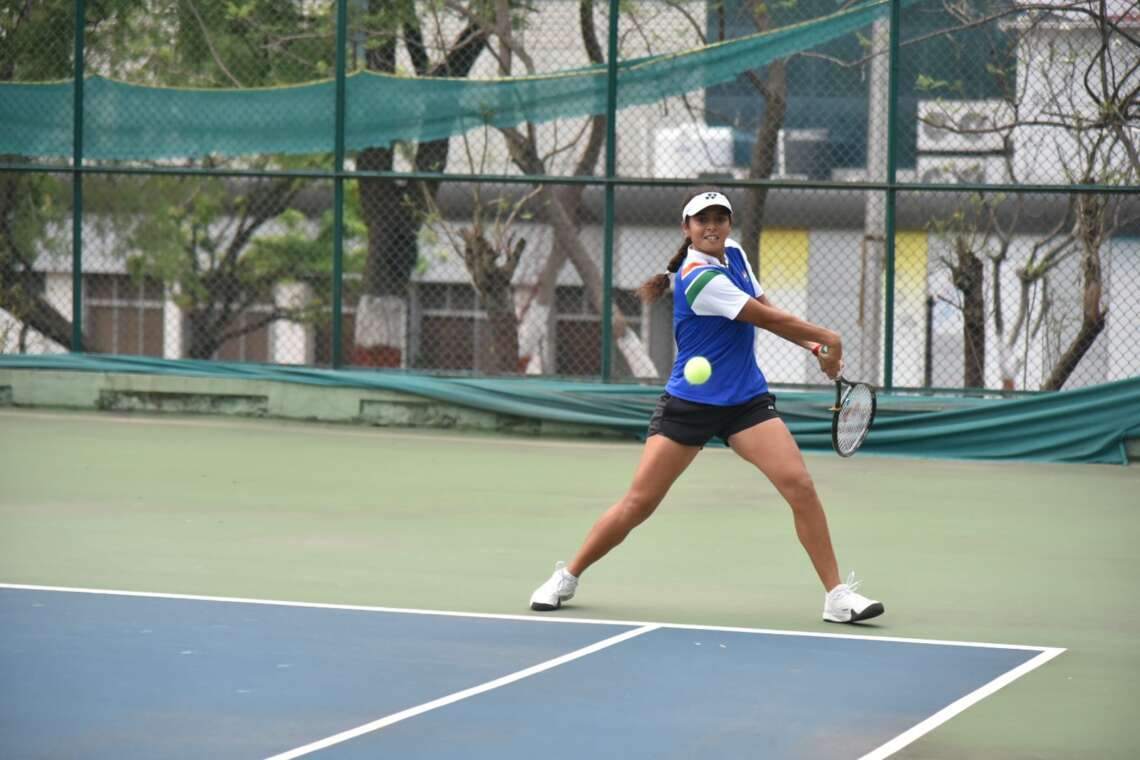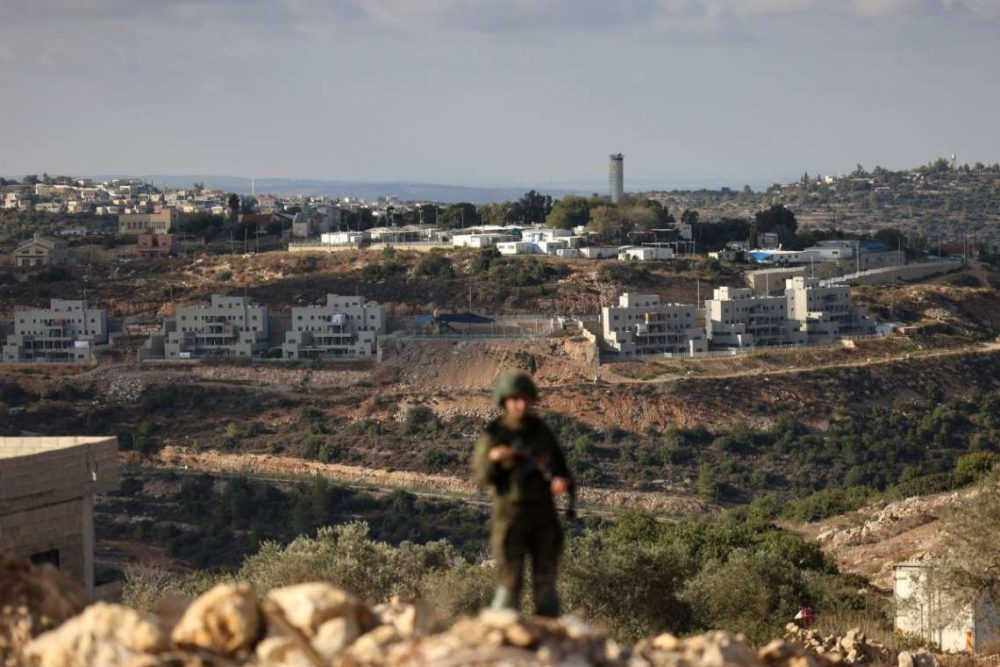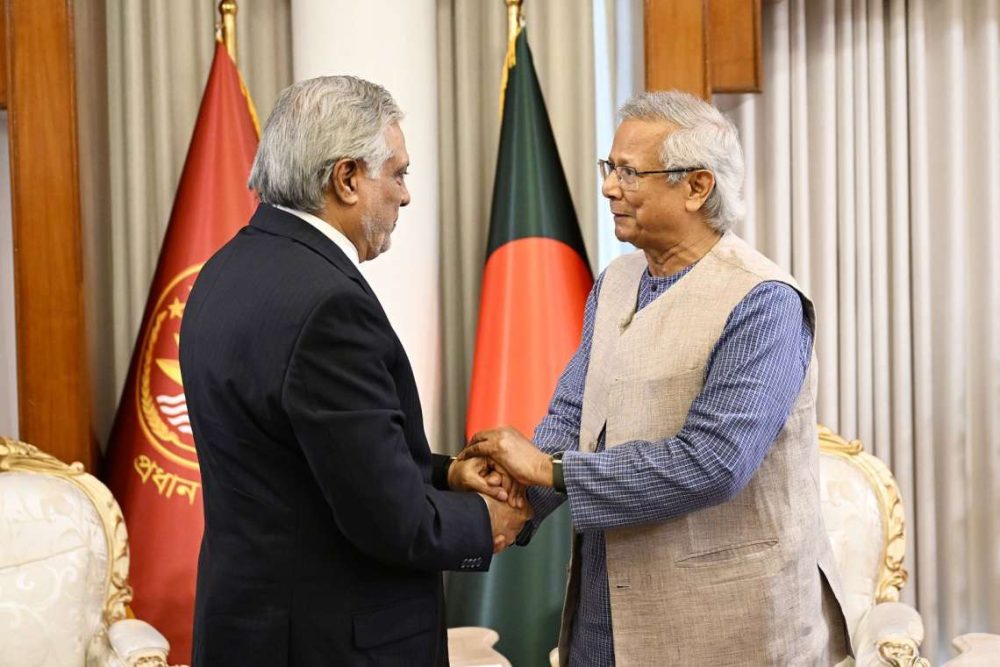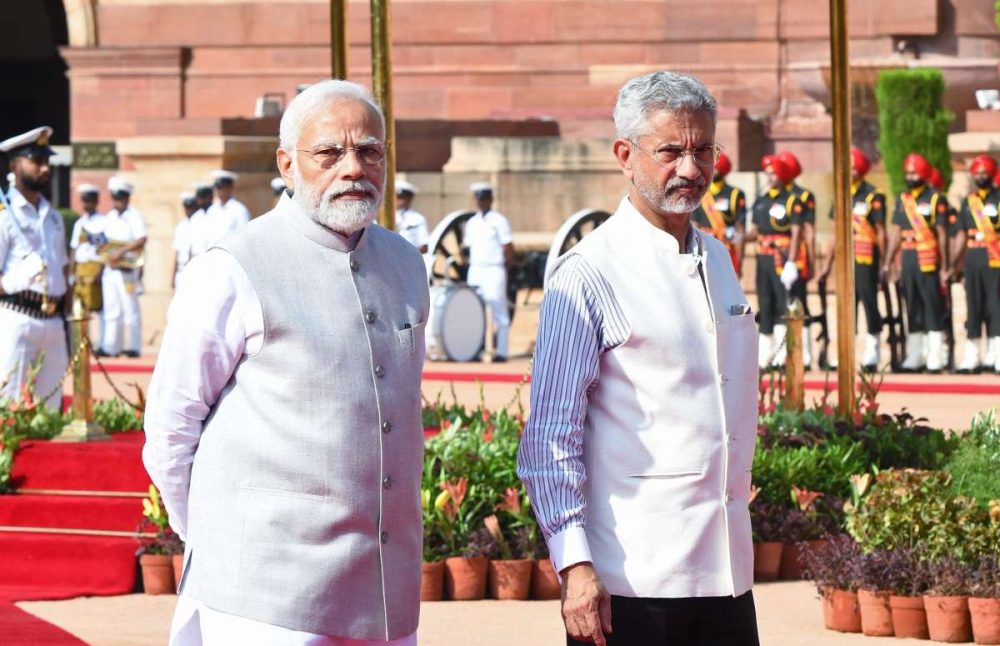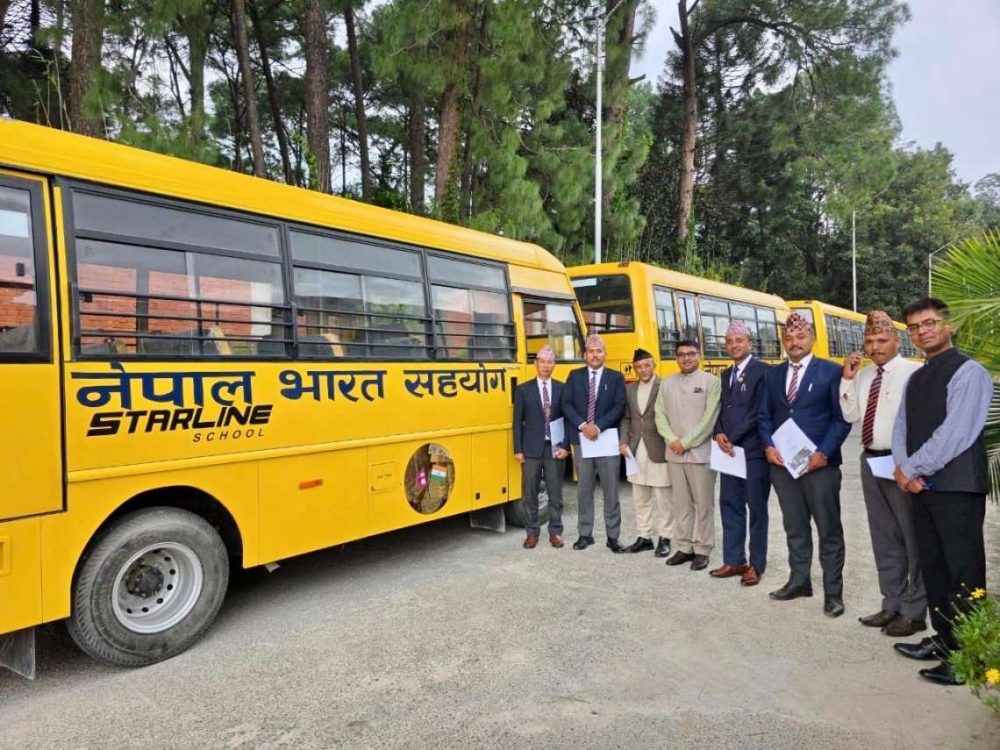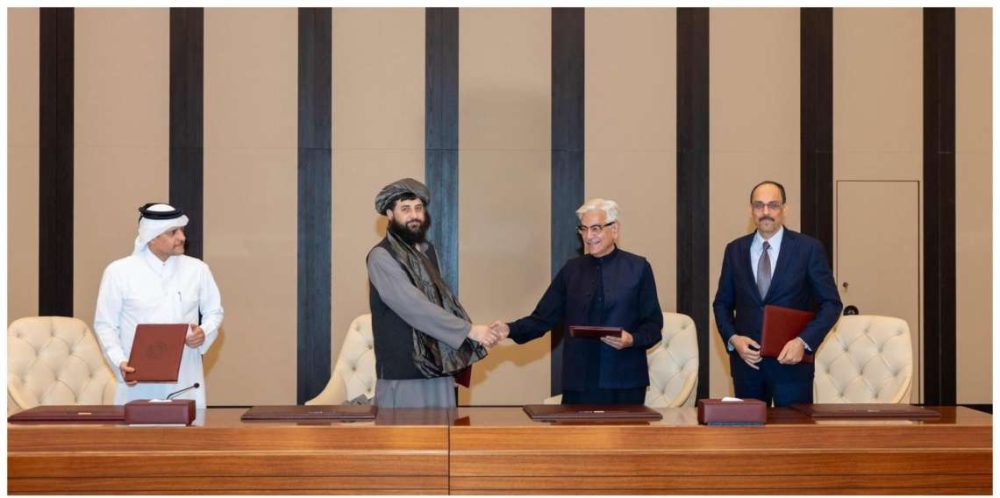Following the humiliation of a British MP in Hong Kong and the challenges faced at Scunthorpe, the UK is now gearing up to confront China’s growing transnational repression, writes Kaliph Anaz
Last week witnessed two significant events that could redefine Britain’s relationship with China. The Labour government has expressed discontent over China’s treatment of one of its senior politicians.
Liberal Democrat MP Wera Hobhouse said she travelled to Hong Kong with her husband to visit their newborn grandson but was detained at the airport, questioned, and then deported on the next available flight. The MP for Bath, who is one of more than 40 parliamentarians in the Inter-Parliamentary Alliance on China (IPAC)—a group critical of Beijing’s human rights record—said she was given no explanation for her removal.
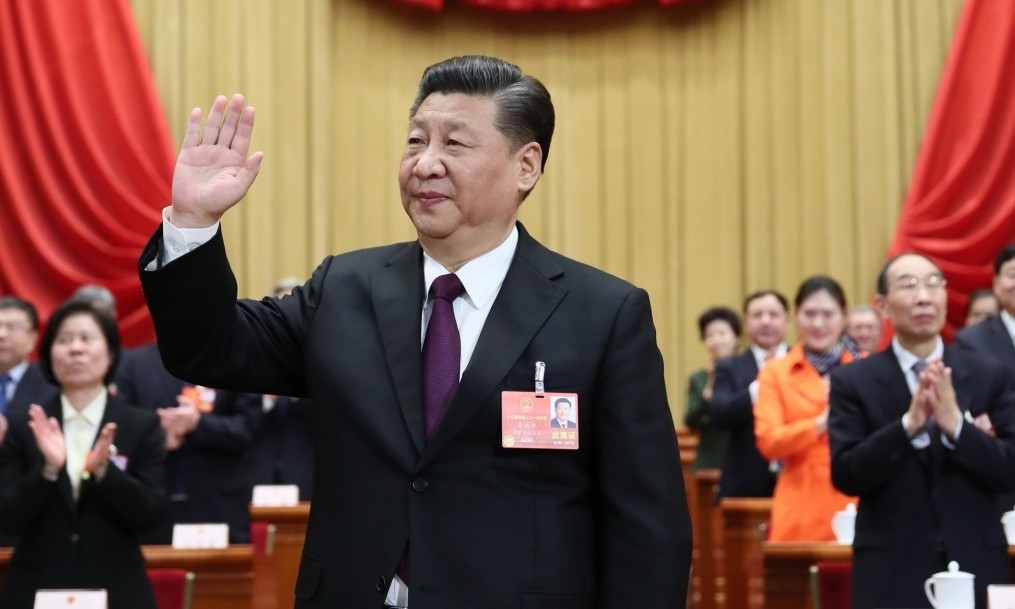
“We will urgently raise this with the authorities in Hong Kong and Beijing to demand an explanation,” said Foreign Secretary David Lammy.
He added: “It would be unacceptable for an MP to be denied entry simply for expressing their views as a parliamentarian. Unjustified restrictions on freedom of movement can only further undermine Hong Kong’s international reputation.”
Meanwhile, Parliament was convened on Saturday to pass legislation aimed at saving British Steel’s Scunthorpe blast furnaces. MPs voted in favour of securing continued production at the site—avoiding the significant costs and dangers of a shutdown. Funding will come from the government’s £2.5 billion steel fund, designed to help rebuild the industry over the next five years.
A Shift in the UK’s China Policy
Now, the UK government is taking a more assertive stance on China’s human rights issues. In a pointed affirmation of its commitment to religious freedom and civil liberties, the British government has pledged to protect vulnerable groups within its borders from the transnational reach of authoritarian regimes.
On March 20, Lord Hanson of Flint, a minister at the Home Office, publicly reinforced this stance in response to an inquiry in the House of Lords by Lord Alton of Liverpool. The inquiry raised concerns about the safety and freedoms of Falun Gong practitioners and Shen Yun performers residing in or visiting the UK—both groups have long been targeted by the Chinese Communist Party (CCP).
This moment marks a significant step in the UK’s confrontation with what lawmakers and human rights advocates are calling “transnational repression”—the systematic effort by authoritarian regimes to suppress dissent and monitor diaspora communities abroad.
China’s transnational repression is not new. Over the past decade, mounting evidence has documented the CCP’s efforts to surveil, intimidate, and even coerce individuals critical of its regime—even those thousands of miles away.
Targets have included Hong Kong pro-democracy activists, Uyghur Muslims, Tibetan exiles, and notably, Falun Gong practitioners—a spiritual group banned in China since 1999 and subjected to grave human rights abuses.
Lord Alton’s inquiry highlighted the risks faced by two such groups: Falun Gong practitioners, who often organise peaceful meditative gatherings and public awareness campaigns, and Shen Yun Performing Arts, a New York-based touring company affiliated with the Falun Gong community. Shen Yun has frequently faced interference from pro-Beijing actors globally, ranging from venue cancellations to cyberattacks.
“Has the government assessed the risks posed to these groups within the UK by foreign interference?” Lord Alton asked, urging clarity on the protections offered to those exercising freedoms of speech, religion, and assembly.
In response, Lord Hanson said the UK remains “deeply concerned” about any attempts by foreign governments to intimidate or suppress individuals for their beliefs or activism.
He underscored the government’s commitment to human rights and religious freedom, stating that such liberties are “non-negotiable in a democratic society.”
The CCP’s Global Reach
The CCP’s campaign to silence dissent abroad has grown more sophisticated and brazen. A 2023 report by human rights NGO Safeguard Defenders revealed a network of unauthorised “police stations” operated by Chinese authorities in several countries, including the UK. These outposts allegedly track, pressure, and in some cases forcibly repatriate Chinese nationals or dissidents.
The UK government has already taken action. In 2023, it ordered the closure of a suspected Chinese outpost in London. However, the broader network of CCP influence remains difficult to dismantle, often operating through cultural organisations, student associations, and state-backed media.
Falun Gong practitioners in the UK have reported incidents of being followed, photographed, or harassed during peaceful demonstrations—often by individuals believed to be linked to the Chinese embassy or its affiliates.
Despite its artistic acclaim and sold-out performances worldwide, Shen Yun has faced efforts to sabotage its UK tours through anonymous threats to venues and coordinated smear campaigns.
These actions go beyond cultural censorship. They reflect a deeper ideological conflict between the authoritarian control of the CCP and the liberal democratic values championed by the UK and other free nations.
A Turning Point
Lord Hanson’s remarks suggest a tougher British stance on such interference. While no specific operational measures were revealed, officials hinted at growing cooperation between the Home Office, intelligence services, and local authorities to monitor and counter foreign influence operations.
One priority is the protection of communities and individuals identified as being at risk. This includes ensuring law enforcement takes reports of harassment seriously, increasing public awareness, and potentially introducing legal frameworks to criminalise foreign political interference—as seen in Australia’s Foreign Influence Transparency Scheme and in proposals under discussion in Canada.
The UK’s evolving position may also inspire similar actions among its democratic allies in Europe and North America. As more nations confront CCP-linked repression tactics, coordinated diplomatic, intelligence, and human rights responses could become a defining feature of 21st-century geopolitics.
Freedom at Home
The broader implications of this policy shift are profound. Religious and spiritual freedoms are foundational to liberal societies. To allow foreign regimes to intimidate, censor, or silence individuals within a sovereign democratic state would be to undermine these very principles.
In reaffirming its stance, the UK is not only defending Falun Gong practitioners or Shen Yun artists. It is asserting a universal truth: that individuals must be free to think, believe, express, and create without fear—regardless of their origins or who they may have offended in a distant capital.
Lord Alton, a long-standing human rights advocate, welcomed Lord Hanson’s response but cautioned that vigilance remains key.
“It is not enough to condemn transnational repression,” he said. “We must ensure our institutions are prepared, that our laws are robust, and that our message to authoritarian regimes is unmistakable: Britain is not a hunting ground for foreign powers.”
While Lord Hanson’s statement offers a welcome affirmation of Britain’s principles, much depends on how these words are translated into action. Protecting civil liberties and religious freedoms in an era of globalised authoritarianism will require more than moral clarity—it will demand legal innovation, political will, and international cooperation.
As the UK sharpens its response to transnational repression, the months ahead will reveal whether this marks the beginning of a new era of resilience—or simply another entry in a growing archive of concern.



